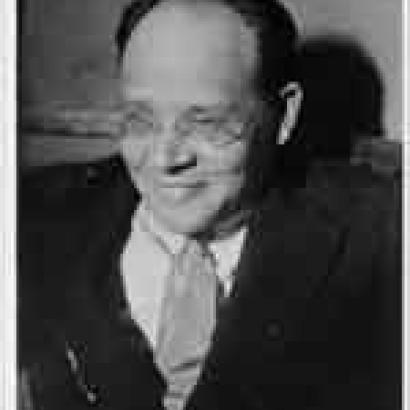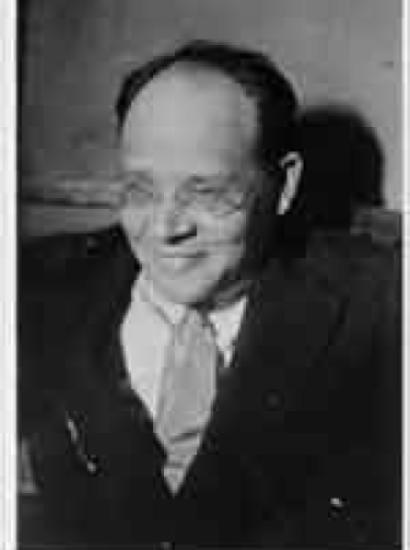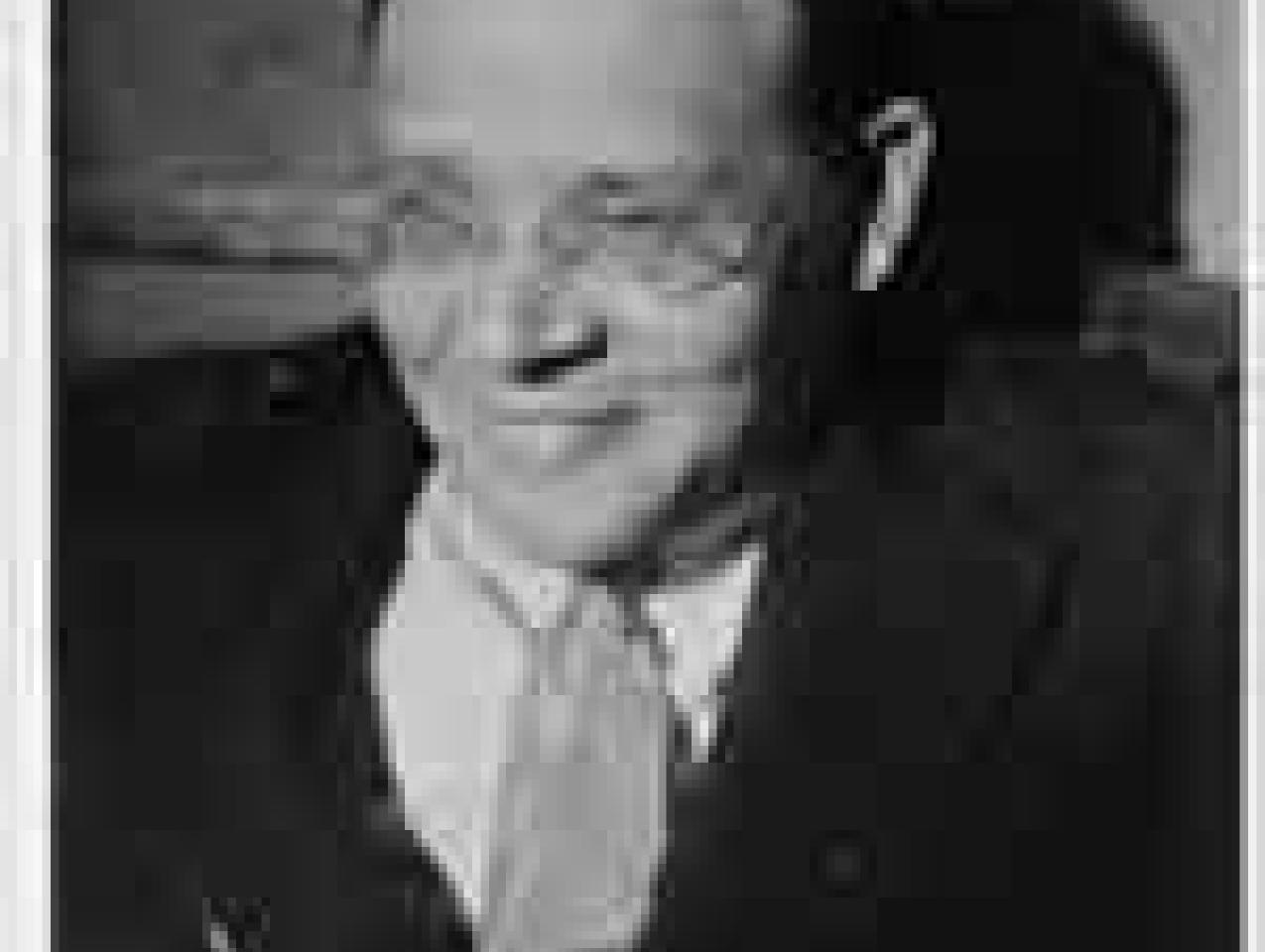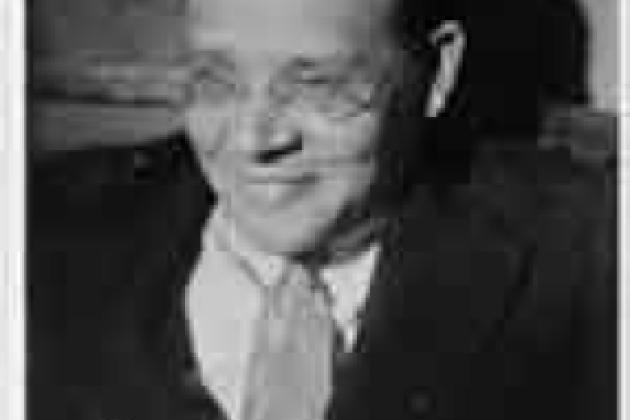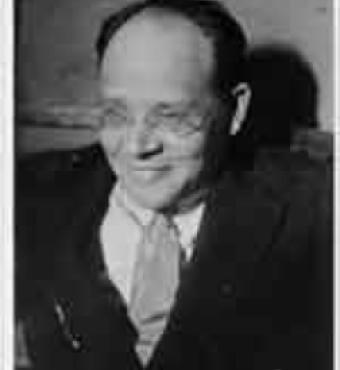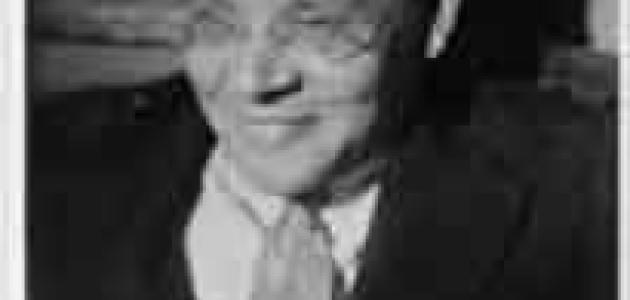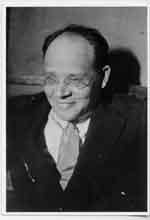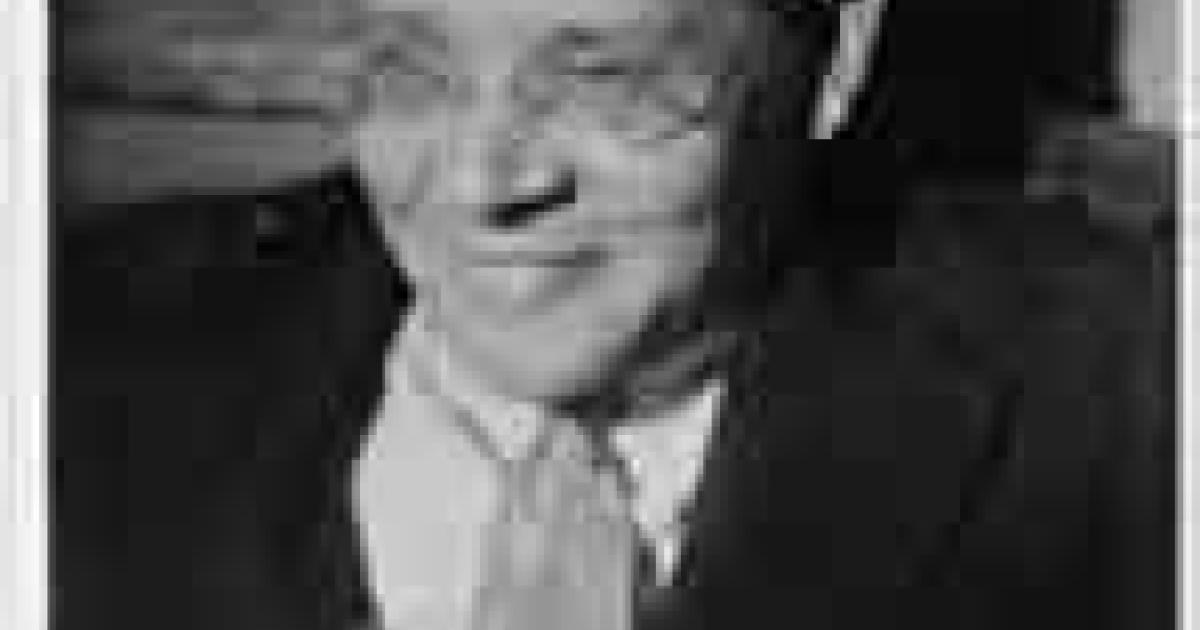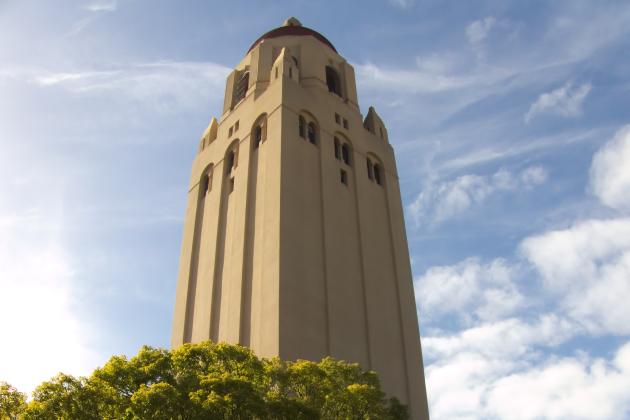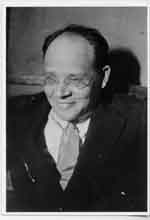
Writing and violence, seduction and revolution, humanity and raw power are at the core of the spare and brilliant legacy of Isaac Babel, a Russian Jewish master of the short story, who began his career with the blessing of Maxim Gorky in 1916, rose to international renown with the publication of his Red Cavalry in 1926, and perished after Stalin waved his executioner’s wand in 1940.
“I began to speak about style, about an army of words—an army that deploys all kinds of weapons. No steel can pierce the heart of man as icily as a full stop placed at the right moment. She listened, with her head bent sideways and her painted lips slightly parted.”
Writing and violence, seduction and revolution, humanity and raw power are at the core of the spare and brilliant legacy of Isaac Babel, a Russian Jewish master of the short story, who began his career with the blessing of Maxim Gorky in 1916, rose to international renown with the publication of his Red Cavalry in 1926, and perished after Stalin waved his executioner’s wand in 1940. He has also been the most translated Soviet author of his generation and the most influential among Russia’s modern writers in the United States. American authors from Ernest Hemingway to Grace Paley, Phillip Roth, Cynthia Ozick, and John Updike have all paid tribute to him.
Now a series of public events are planned at Stanford University and the Hoover Institution commemorating his life and art: an exhibition, “Isaac Babel: A Writer’s Life (1894–1940)”; a stage production of Babel’s play Maria; and an international conference, “The Enigma of Isaac Babel.”
The exhibition “Isaac Babel: A Writer's Life” will be on display at the Herbert Hoover Memorial Exhibit Pavilion from January 27 to March 2, 2004. The exhibition was designed and organized by Professor of Slavic Cultures Gregory Freidin in collaboration with Elif Batuman and Amelia Glazer (Department of Comparative Literature) and Joshua Walker (Department of Slavic Languages and Literatures), with assistance from Elena Danielson, director of the Hoover Institution Library and Archives, Cissie Hill, Linda Bernard, Lora Soroka, David Jacobs, and other staff members of the Hoover Institution Library and Archives. The exhibition is based on the Irwin T. and Shirley Holtzman collection at the Hoover Institution Archives, other Hoover Institution holdings, and private collections.
The United States premiere of Babel’s play Maria is being produced by the Stanford Drama Department under the direction of Professor Carl Weber, a famous German-born American director, who early in his career collaborated with Berthold Brecht. Written in 1933, Maria’s action unfolds during the Russian Civil War (1918–1921) in Petrograd, the moribund but still beautiful former imperial capital, where the Bolshevik revolution and the suffering wrought by the Civil War have obliterated class and status distinctions and erased the line between savagery and civilization. Characters familiar from Russian classics must throw in their lot with Jewish mobsters, crippled smugglers, secret police, and Red cavalrymen. Maria was not produced until the 1960s; since then it has had a successful life on the European stage (Italy, Germany, France, the Czech Republic, Russia, and elsewhere). In late 1978, it was the BBC-TV play of the month, and in 1990 had a successful run at Old Vic in London. Maria will have its U.S. premiere in Stanford’s Piggott Theater at 8 p.m. on February 19–21 and 26–28, and 5 p.m. on February 29.
The international conference, “The Enigma of Isaac Babel” (February 29–March 2) is the scholarly centerpiece of the Babel events at Stanford University. The conference, whose speakers come from several universities in the U.S., Russia, Hungary, Israel, and China, will open at the Herbert Hoover Memorial Exhibit Pavilion (next to the Hoover Tower) at 1:30 on Sunday, February 29, 2004. The conference will run for two more days at the Tresidder Student Union Oak Lounge (9:30 a.m.–5:30 p.m. and 8:00 p.m.–9:30 p.m. on Monday, March 1, and 9:30 a.m.–1:30 p.m. on Tuesday, March 2).
This event is sponsored by: Department of Slavic Languages & Literatures, Taube Center for Jewish Studies, Center for Russian, East-European, and Eurasian Studies, Division of Literatures, Cultures, and Languages, Drama Department, Hoover Institution Library and Archives, Institute of International Relations, Stanford Humanities Center, Irwin T. and Shirley Holtzman, and The Leytes Foundation.




